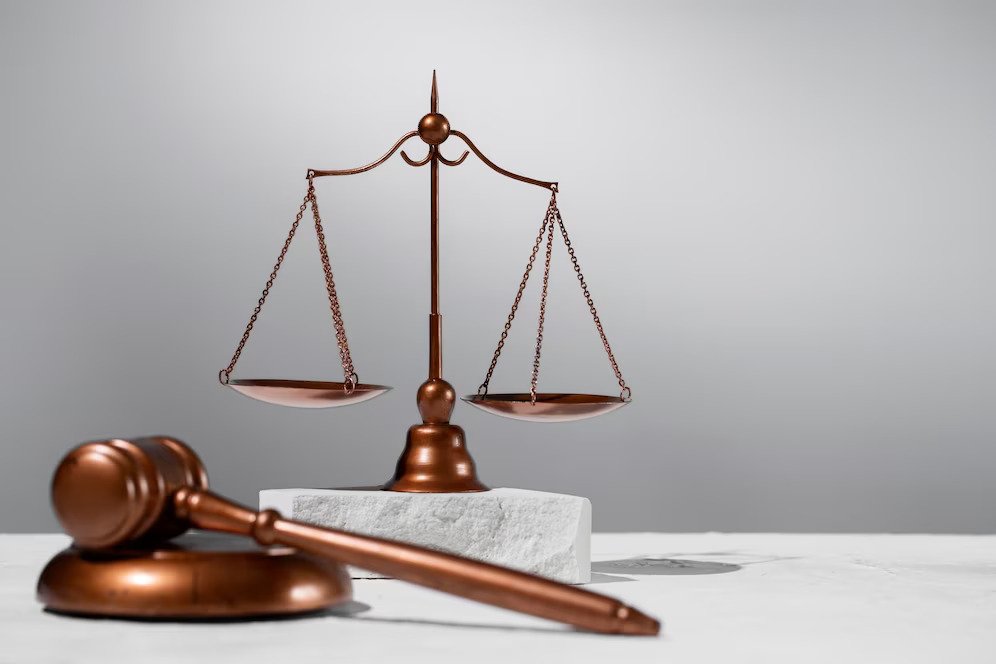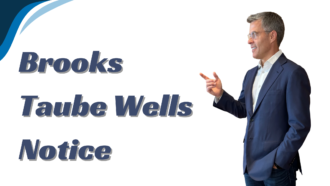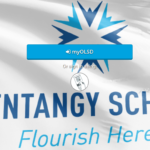Washington’s Common Interest Ownership Acts and How Condo Association Management Teams Navigate Them
Washington State has Common Interest Ownership Acts (CIOA) that govern various aspects of condominiums and homeowner associations. These acts provide a legal framework for creating, operating, and managing such communities. Here is more information about Washington’s CIOA and how Condo association management experts navigate the acts:
How Condo Association Management Teams Navigate

Budgeting and Financial Management
The CIOA mandates that condo associations maintain a clear and transparent budgeting process. Community management teams are responsible for developing an annual budget that outlines the expected income and expenses for the upcoming year. The board of directors reviews and approves the annual budget accordingly.
Part of the budgeting process includes conducting a reserve study, which assesses the association’s future capital needs. This study helps determine how much money should be allocated to the reserve fund for significant repairs and replacements. Condo association management professionals help manage finances by calculating homeowner fees based on the approved budget and the association’s governing documents. They also collect homeowners’ assessments or fees according to the CIOA-specified grace periods and deadlines.
Maintenance and Repairs
Maintenance and repairs of shared spaces in a condominium association help maintain the property’s safety, functionality, and aesthetic appeal. The CIOA provides rules and guidelines regarding standard maintenance and repairs to protect unit owners’ interests. The law requires the association to maintain the building’s structural components, roofs, walls, common hallways, stairwells, parking lots, and recreational facilities.
Condo association managers regularly inspect the properties and identify areas needing repairs or maintenance. These experts contract service providers and vendors to complete maintenance and repair work. They also inform unit owners about scheduled maintenance and repairs to avoid disruptions.
Insurance and Risk Management
The CIOA requires condo associations to have insurance coverage. Community management teams work to secure appropriate insurance policies and manage risk related to the community’s shared spaces. These associations must have workers’ compensation, fidelity bonds, property insurance, directors and officers insurance, and liability insurance for financial protection.
Condo community managers work with insurance brokers and agents to select policies that adequately cover their association’s needs. Association managers also develop and implement risk management strategies to reduce the likelihood of accidents and other liabilities. Risk management tactics involve maintenance plans, safety protocols, and emergency preparedness training.
Meetings and Governance
The Washington Common Interest Ownership Act requires condominium associations to hold an annual meeting. During these meetings, matters like the approval of the budget, election of board members, and other relevant association decisions are addressed. Condo association management professionals facilitate and moderate meetings, enabling them to run smoothly and according to the CIOA quorum requirements.
Community management teams are responsible for providing proper notice to homeowners for all types of meetings as required by the CIOA. This notification includes the meeting’s date, time, location, and agenda. Meeting minutes must be documented and made available to homeowners. Condo association managers record and distribute these minutes to help homeowners understand the current decisions and discussions. If conflicts are related to meetings or governance, association management teams may mediate and resolve these issues according to state laws and the CIOA.
Amendments and Procedures
If the association needs to amend its governing documents, association management teams must ensure the changes adhere to the CIOA’s requirements. The management team works with legal counsel to draft the proposed amendments. They then communicate the proposed amendments to homeowners through official channels and meetings to help homeowners understand the changes.
Association management teams review governing documents like the declaration, bylaws, and rules and regulations. They assess the documents to confirm that the existing content and proposed amendments align with the CIOA. After an amendment is approved, condo management specialists may need to update association practices and procedures to align with the amended documents.
Work with Condo Association Management Experts
Compliance with the Washington CIOA helps condo association managers confirm legal operations and maintain the functionality of the community. Condo association managers can collaborate with legal counsel and other professionals to navigate these laws and regulations effectively. Professional condo community management teams help manage finances, contract maintenance or repair work, mitigate risks, prepare meetings, and draft amendments. Contact a reputed condo community management company today to learn more about navigating CIOA rules and requirements.

















